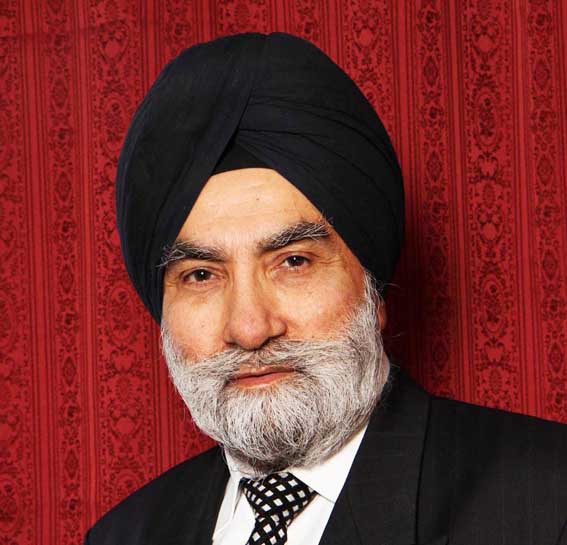Need for Better Understanding Between Sikh Indians and Sikhs Living Abroad

Need for Better Understanding Between Sikh Indians and Sikhs Living Abroad
The worldviews of Sikhs in India and those born and brought-up abroad are very different. There is a need to understood the nature of global Sikh diversity, otherwise united by the teachings of Sri Guru Granth Sahib and heritage shared through Khalsa ji ki Ardas. Some examples of the reasons for differences are given below.
In the UK, tributes have been pouring in from the King and the Queen, and senior politicians of all parties, for Alex Salmond, a prominent leader of the separatist Scottish nationalist movement. He passed away on 12 October 2024. All this, despite the fact that he stood for an independent Scotland. He fought for the Scottish nationalist cause within the law of the land. In 2014 referendum, Scotland voted against becoming an independent country by 55% to 45%. That verdict of the people of Scotland was accepted by the Scottish National Party for the time being.
It is unlikely that a separatist political leader from an Indian State would have received such cross-party tributes from seniormost politicians at Delhi following his death. It is unlikely that a Sikh born in the UK, America, Canada or Australia would understand why Sikh separatists from Panjab are regarded as law breakers and hounded by Indian authorities.
It would be mere truism to say that Sikhs born and bred in different environments should be expected to have different worldviews. Let me give three personal examples. Many years ago, my younger son then 6 years old, born in the UK, accompanied me for his first trip to India. He was not happy when I asked an elderly railway station labourer at Delhi (coolie is the derogatory term), to carry our two suitcases. The old labourer carried them on his head and started climbing up the railway bridge stairs while I carried the hand-bag. My son was unhappy and complained. Despite my assurance that the man was doing his job and I was going to pay him, my son just could not accept an elderly person carrying two heavy bags on his head. Following similar experiences of seeing human suffering and hardships, he was no longer interested in trips to India.
On another occasion, the daughter of a senior Sikh Indian official posted abroad, said on her first family visit home in Panjab that she found life very difficult without domestic servants. It is clear that, on growing up, my son from UK and this girl from Panjab, would have very different world-views!
As a retired policy civil servant from UK, even I cannot understand why civil servants in India behave like rulers and have display boards outside their homes announcing their ranks and positions. Bribery is almost an accepted custom.
The way to promotions in the UK is through a questioning, brain-storming approach at meetings chaired by the boss. In India one does not question the boss. Many years ago, it was suggested that even Indian co-pilots were reluctant to question their pilot bosses making obvious mistakes!
Sikhs in India believe that governments can change laws as they like if they have Parliamentary majorities. In the UK governments with majorities failed to get past the judiciary system to deport migrants to Rwanada.
Similarly, there is a communication gap between those born abroad and those who continue to migrate from India bringing their Panjab and Indian politics with them.
Better understanding of respective viewpoints is required for building communication bridges.
Gurmukh Singh OBE -
Principal Civil Servant retd, UK